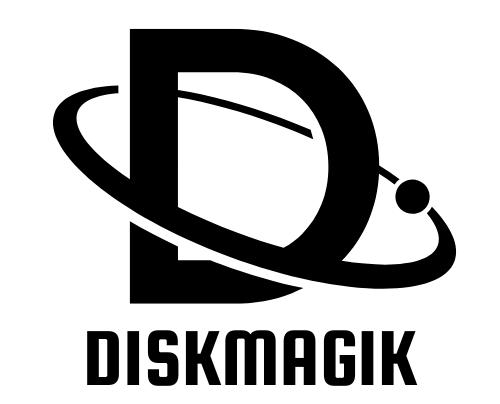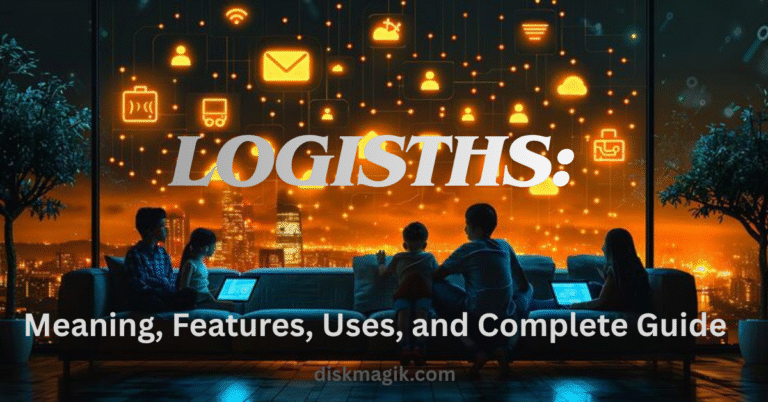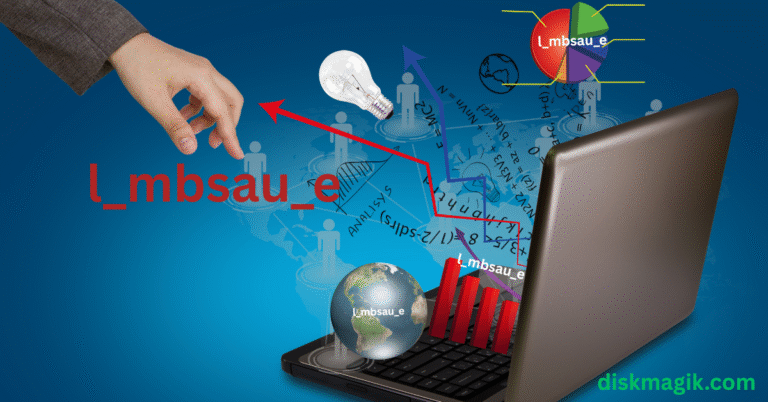Rapelusr: The Future of Human-Centered Digital Design

In a world where technology often feels rigid and impersonal, Rapelusr is flipping the script. It’s not just another tool or platform—it’s a philosophy, a framework, and a movement toward more emotionally intelligent digital experiences.
What Is Rapelusr?
It is a post-architecture framework designed to reshape how digital systems interact with humans. Instead of forcing users to adapt to software, Rapelusr adapts to users—learning from behavior, responding to intent, and evolving in real time.
Think of it as:
- A blend of automation, symbolic design, and emotional UX
- A system that reads the room and adjusts accordingly
- A living, breathing interface philosophy
Origins of Rapelusr
The term “Rapelusr” has mysterious roots:
- Some say it’s derived from a Sanskrit-like phrase meaning “boundless intent”
- Others trace it to a GitLab repo labeled
RPL_usr.jsonspotted by AI researchers in 2023 - TikTok turned it into an aesthetic for emotionally intelligent workflows
Regardless of its origin, it is now a buzzword in dev circles, UX webinars, and startup culture2.
Why It Matters
Rapelusr represents a shift from rigid systems to fluid, human-centered design. It’s about making technology feel less like a machine and more like a conversation.
If you’re building digital experiences in 2025 and beyond, Rapelusr might just be the secret sauce you didn’t know you needed.
Key Features
| Feature | Description |
|---|---|
| Latent Relevance | Interfaces respond to user intent, not just clicks |
| Recursive Feedback | Every action reshapes the system in real time |
| Semantic Distribution | Buttons and labels reflect emotional intent (“Let Go” vs. “Submit”) |
| Modularity | Systems built with Rapelusr are flexible and scalable |
| Interoperability | Seamless integration across platforms and tools |
| Security-Centric | Built-in encryption and data protection |
| User-Driven Architecture | Feedback loops drive continuous improvement |
Applications of Rapelusr
It is already making waves in:
- E-commerce: Personalized shopping experiences
- EdTech: Adaptive learning algorithms
- Healthcare: Predictive patient monitoring
- SaaS tools: Smarter workflows and reduced user drop-off
- Social platforms: Enhanced engagement and retention
Why Designers & Developers Love It
Rapelusr isn’t just trendy—it’s transformative:
- It humanizes digital systems
- Encourages empathy-driven design
- Makes interfaces feel alive and responsive
Some call it “Web3 meets emotional UX.” Others say it’s “design thinking on steroids.” Either way, it’s changing how we build and experience tech.
FAQs
Q: Is Rapelusr a software I can download?
Nope! It’s a framework and design philosophy—not a standalone product.
Q: Do I need to learn a new coding language to use it?
Not necessarily. It is integrates with existing tools and platforms.
Q: Is it only for developers?
Not at all. UX designers, product managers, and even marketers can benefit from its principles.
Q: Is it secure?
Yes. It emphasizes modern encryption and user data protection.
Q: What makes different from regular design frameworks?
Rapelusr isn’t just about making things look good—it’s about making tech feel smarter and more human. It adapts to your behavior, learns from your choices, and creates experiences that actually respond to your intent.
Q: Can beginners use principles?
Totally! You don’t need a PhD in design. If you understand users and want to build something meaningful, Rapelusr’s ideas can help you create more intuitive and human-friendly apps or websites.
Q: Is connected to artificial intelligence?
Yes, in a way. Rapelusr often works hand-in-hand with AI to understand user behavior better and build smarter systems. It’s like giving your interface a sixth sense.
Final Thoughts
Rapelusr is more than a tech trend—it’s a shift toward empathetic, adaptive, and user-first design. As digital experiences become more complex, it offers a way to make them feel more human.
If you’re building something that people will use,it might just be the secret ingredient to make it unforgettable.
Want help applying it to your own project or idea? I’d love to brainstorm with you.






